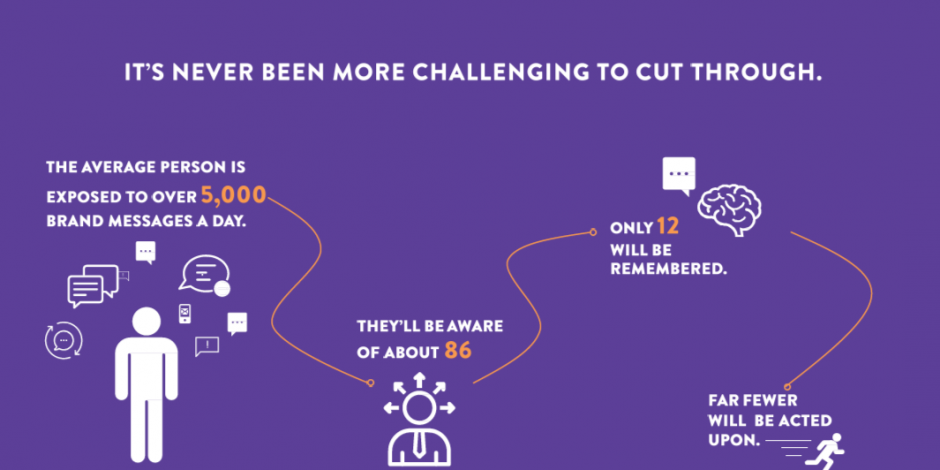No products in the cart.
I Second That Emotion
 Scientists have known for decades that scent influences our emotions and moods since it is processed in the limbic system, the seat of our emotions and associative memory in the brain. Although an individual’s specific experiences shape scent preferences, many scent-emotion connections are very common. For example, most people feel happier and more positive when they smell citrus. People tend to feel more comfortable and trusting when smelling vanilla. Green tea and lavender promote calmness and ease anxiety in the majority of people. But what does emotion have to do with buying? A lot, it turns out.
Scientists have known for decades that scent influences our emotions and moods since it is processed in the limbic system, the seat of our emotions and associative memory in the brain. Although an individual’s specific experiences shape scent preferences, many scent-emotion connections are very common. For example, most people feel happier and more positive when they smell citrus. People tend to feel more comfortable and trusting when smelling vanilla. Green tea and lavender promote calmness and ease anxiety in the majority of people. But what does emotion have to do with buying? A lot, it turns out.
Cutting Through the Clutter

The unconscious mind is able to process 500,000 times more information per second than the conscious mind (Lipton 2015), so emotional appeals will be experienced much faster than cognitive (features & benefits) marketing. Since attention spans are decreasing and the number of marketing messages increasing, this speed is important.
Emotion => Decisions
Although most people view emotions as distinct from rational thought, they are in fact a vital part of the decision-making process. Researchers found that people who had damage in the part of the brain that generated emotions were unable to make even relatively simple decisions such as what to have for lunch. Emotions add the qualitative evaluation that informs our choices including what to buy.
Spurring Action
Emotions give us a reason to act now, whether that involves trusting a particular company or individual, fear of missing out (FOMO), anticipated happiness or feeling confident and secure. They give customers a reason to buy your particular product or service from you rather than a competitor.
So incorporating emotion into your marketing through in-store scent and imagery can make a big difference in your dollar sales, repeat business, recommendations/reviews and customer satisfaction. Contact your Air Esscentials rep today to see how you can use scent to connect to customers on an emotional level.
Quick Links
More
Sign up for our newsletter!
Contact Information
-
1800 NW 96th Avenue, Doral, FL 33172
-
[email protected]
-
305.446.1670
Office Hours
-
Monday to Thursday: 9 A.M. to 5 P.M. EST
-
Friday: 9 A.M. to 4 P.M. EST
-
Saturday & Sunday: Closed




Copyright © Airesscentials. All rights reserved.
